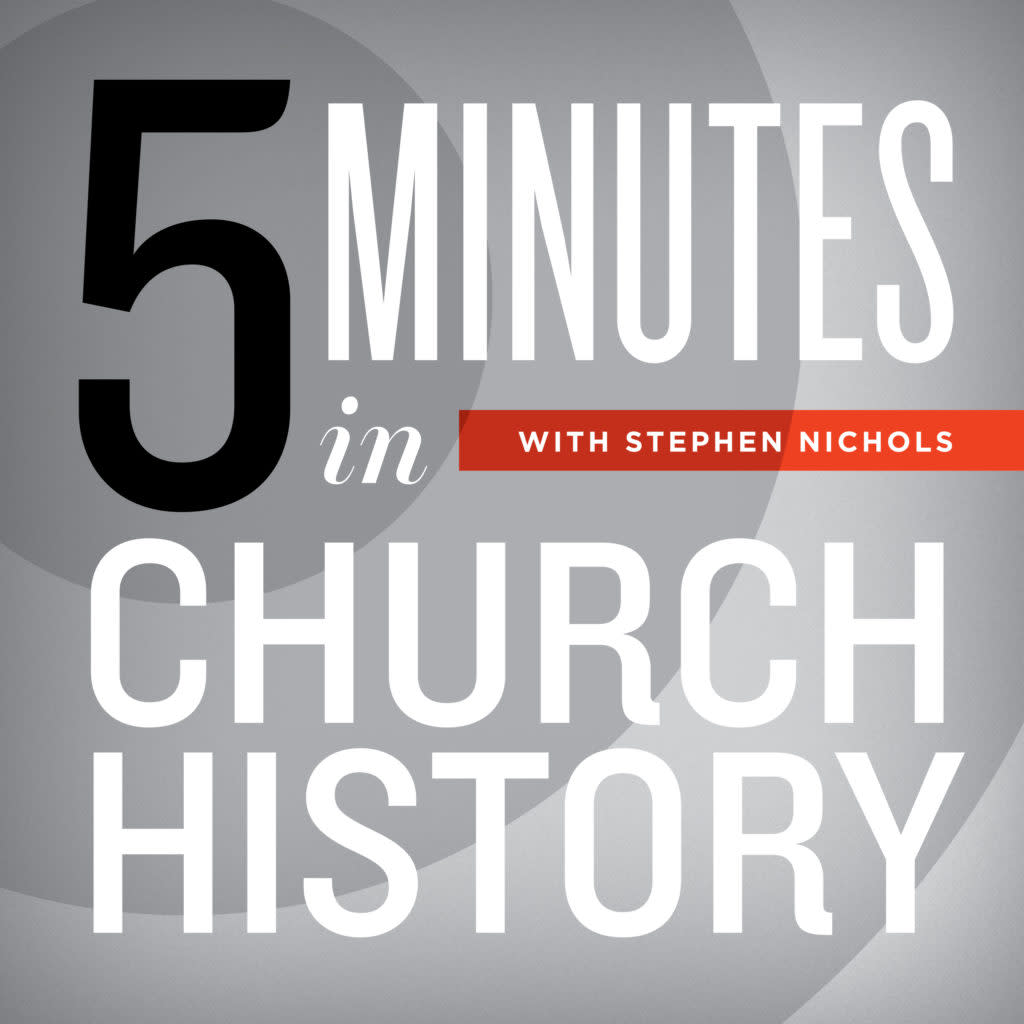Legacy of Luther

Martin Luther is well known as the man who sparked the Reformation by posting his Ninety-Five Theses against indulgences. But there’s more to Luther’s legacy that than simple act. Let’s sketch five points of Luther’s legacy.
The first concerns Luther’s reform of church practice. Imagine showing up at church and feeling the desire welling up within you to sing praises to God. But you can’t—you have no hymns in your language, and there is no congregational singing in the service. This was the situation before Luther. We talk about Luther’s reformation of theology, but we also have to talk about his reformation of church practice. So, when you stand up and sing a hymn and you join your voice with the other voices of the congregation in lifting praise to God, you can thank Martin Luther for restoring congregational singing and hymns to the life of the church. The second is preaching. Again, before Luther, the church service consisted mostly of the Mass, that is, the Eucharist. There was an occasional homily during Advent or Lent. Luther introduced the weekly sermon, where the pastor studies the Word of God and then brings that teaching to the people of God so they can be nourished and can grow as Christians.
Third, when we think of Martin Luther, we think of the solas. There is sola Scriptura, the doctrine that Scripture alone has final authority, that Scripture guides us and governs us. Then there’s sola gratia, sola fide, and solus Christus, and there we learn that salvation indeed is by grace alone through faith alone in Christ alone. And then we also learn of soli Deo gloria, that all is for the glory of God alone. The fourth point of Luther’s legacy is the family. Through his own family, his relationship with Katie and to his children, he modeled what a Christian family looks like. Before the Reformation, there was not a high view of the family within the church, and Luther helped to redeem marriage and the family and helped to bring marriage and the family to a prominent place.
And then, finally, the fifth point of his legacy is vocation. What Luther meant when he talked about vocation was that whether you have some high church office or you have the lowest menial job, every kind of work can be viewed as a calling. Before Luther, it was only the monks and the nuns and the priests who had a calling; everyone else simply worked. Luther helped us realize that all that we do can be for the glory of God as we serve Him through our vocations.
Those are the five points of Luther’s legacy. But there’s really one, true, fundamental, underlying point to Luther’s legacy, and that concerns the Word of God. There is a statue in Eisenach of Luther holding a Bible and pointing to it. I think Luther would prefer that the statue be of the Bible holding Luther, pointing us beyond him to pay attention to the Word of God. That is Luther’s legacy, because it is the Word of God that abides forever.
Recent Episodes
Christian Radio
January 8, 2025|The Twentieth CenturyHappy New Year?
January 1, 2025|The ReformationChristmas with Bonhoeffer
December 25, 2024|The Twentieth CenturyBible Camps
December 18, 2024|American Church HistoryBonhoeffer in 5 Sayings
December 11, 2024|TheologiansAnother Thanksgiving Sermon
December 4, 2024|American Church History
